This piece is part of the Taiwan-U.S. Quarterly Analysis series, which features the original writings of experts from the United States and Taiwan, with the goal of providing a range of perspectives on developments relating to Taiwan.
John Culver retired in 2020 after a distinguished 35-year career at the Central Intelligence Agency. During that time, he analyzed East Asian affairs, including security, economic, and foreign policy dimensions. As national intelligence officer for East Asia from 2015 to 2018, he drove the intelligence community’s support to top policymakers on East Asian issues. He routinely participated in meetings at the White House, with leaders throughout the United States government, and with foreign government officials. In a conversation with Brookings Senior Fellow and interim Koo Chair in Taiwan Studies Ryan Hass, the two discussed the risk of future conflict in the Taiwan Strait, how Taiwan is responding to rising pressure from China, and steps the United States could take to support Taiwan in consideration of its interests.
Ryan Hass: How do you see cross-Strait issues playing in China’s domestic politics? Is Taiwan policy a high priority or a source of debate? And do you expect the role of Taiwan in China’s politics to change as the 20th Congress of the Chinese Communist Party (CCP) draws nearer in fall 2022?
John Culver: One of my core assumptions is that things said by the CCP about Taiwan are generally not directed solely or principally at the Taiwan public, but instead at China’s own domestic population, or at the U.S. government and a few other foreign governments — principally Tokyo and Canberra. This reflects the fact that Taipei has not taken highly provocative or precipitous actions since 2008, when then-President Chen Shui-bian stirred controversy by advocating, through a public referendum, for Taipei to pursue U.N. membership under the name “Taiwan.”
In this vein, I don’t expect the role of Taiwan in China’s politics to change due solely — or even mostly — to the 20th Party Congress in 2022, unless provoked by Taiwan’s own election cycle, which would be gearing up for the January 2024 polls. Thinking back over the past 30 to 40 years, we’ve seen street demonstrations in China (officially the People’s Republic of China, or PRC) — some violent — over Japan and domestic local issues (land use, pollution, ethnic strife). Some have even been directed at the United States, after events like the 1999 accidental bombing of the Chinese embassy in Belgrade or the 2001 People’s Liberation Army (PLA) Navy fighter collision with a U.S. EP-3 reconnaissance aircraft. But I don’t recall ever seeing a major protest in China over Taiwan policy, which to me says that the PRC public isn’t on tenterhooks over the issue and generally thinks that the CCP’s policies toward Taiwan are “tough enough” and correct. In other words, President Xi Jinping and the CCP are not facing much domestic pressure to do something, or at least to do something different. But galvanizing Chinese public opinion to justify harsher policies is a card Beijing could always play — we should keep in mind that it has not.
RH: Part of China’s strategy appears to be placing psychological stress upon the people of Taiwan, both to raise perceptions of the costs and risks of independence and also to seed the idea that unification ultimately is inevitable. Do you agree? If so, how (in)effective do you China’s efforts have been?
JC: Taiwan is an issue that the CCP sees as a threat to its legitimacy, not an opportunity to be seized. That has meant that CCP policy toward Taiwan is largely about what it wants to avoid, not what it wants to achieve — reactionary, not exploitative. But that is changing, especially since Xi in 2019 and more recently has framed “reunification” as a requirement for achieving the “China Dream” tied to the CCP’s longstanding goals for 2049, the 100th anniversary of the PRC’s founding. We should worry that Xi may decide to take risks that his more constrained predecessors since Mao Zedong would not.
I don’t think China today actually seeks to place severe psychological stress on Taiwan. Most of its actions are more formal and symbolic — like the current “pineapple boycott” — and are meant to stay ahead of Chinese domestic opinion, or warn against exploitation by the United States or another outside power. Beijing is rigorous about cataloging and protesting every “improper” action by the United States, Taiwan, or occasionally by third parties, to ensure that it is vocal in opposition to continued erosion. And yet, by most measures, the situation continues to erode. For Washington, dating back almost a decade now, there are diminishing incentives to “please Beijing” by not doing something with Taiwan — they’re going to protest anyway, even to modest arms sales, official visits, etc.
Some have interpreted President Xi’s 2017 19th Party Congress report as setting a deadline for reunification by 2049, when he stated that “complete national reunification is an inevitable requirement for realizing the great rejuvenation of the Chinese nation.”
I approach the “deadline” interpretation with caution, since there’s a pattern of previous leaders setting somewhat vague deadlines or timelines in order to look tough about “solving” the problem while at the same time kicking the can down the road for the successors. In other words, “deadlines for unification” typically have been driven more by internal CCP leadership dynamics and legacy-making than ordering a firm set of multi-domain operations to commence to produce something the CCP can call “unification” by a certain date.
I don’t dismiss Xi’s 2049 framing for the party’s lofty ambitions that would include Taiwan. At some point in the not-too-distant future, perhaps 2030 or 2035, the PLA probably will have the organizational and warfighting capacity for a Taiwan operation that it has always lacked. China will probably be the largest economy, and an even more dominant trading and advanced manufacturing powerhouse. Weakness could no longer be an excuse for an increasingly nationalistic population that has only known China’s rise.
As I noted in an article last year about China’s “unfinished civil war,” the CCP’s ultimate objective isn’t invasion but instead a process between China and Taiwan authorities to negotiate the formal, long-term political relationship across the strait. Military, economic, information, and diplomatic coercion and inducements would all be in play, and the red line for threatened military force would shift from preventing permanent separation to a refusal by Taipei to begin the political process — there is language in the 2005 anti-secession law along these lines.
If 2049 is the CCP’s goal for beginning a formal unification process, China’s cross-strait policies would clearly break from the past sometime after 2030. China’s proposals initially could be fairly lenient, not dissimilar from the CCP’s 1979 letter to the Taiwan compatriots, but a key condition would be the end of a U.S.-Taiwan security framework without Beijing’s explicit approval.
Perhaps a longer-term U.S. goal, short of war, should be a strategy designed to change the CCP’s definition of “unification” to something like a commonwealth or confederation, or even one similar to the U.S.-Canada arrangement. But even that would be a fraught domestic political step for the United States. It would require a consensus here that “solving” the Taiwan issue should even be our goal. Like so many of our culture-war issues in the U.S., there are powerful interests that are deeply invested in not solving these problems.
RH: How do you expect Taiwan will respond to rising Chinese pressure in the next year?
JC: It’s become very common in the United States to frame Taiwan as the embattled, doughty democracy withstanding building pressure from the authoritarian mainland lusting to launch an invasion. We seem to yearn for a second cold war, because we think we know how to “fight” and win that scenario, so it’s tempting to cast Taiwan as another Hungary or Czechoslovakia.
In reality, and in the history of the past 40 years, Taiwan has emerged as a vibrant democracy, and polling indicates that most Taiwanese don’t feel very threatened — there’s little domestic pressure to massively increase military spending or return to lengthy universal conscription. Most Taiwan people aren’t worried about imminent attack, because 40 years since U.S. derecognition of the Republic of China (ROC) have passed without war, but also because some think that Taiwan could not prevail without massive U.S. military intervention so there’s little point in building up Taiwan’s own military. The Taiwan public also continues to mistrust its military as an institution because of the ROC military’s standing as a pro-Kuomintang (KMT) mainlander-dominated stronghold.
In reality, and in the history of the past 40 years, Taiwan has emerged as a vibrant democracy, and polling indicates that most Taiwanese don’t feel very threatened.
RH: There is growing talk in the United States about the rising risk of conflict in the Taiwan Strait. U.S. Indo-Pacific Command Commander Philip Davidson recently expressed concern publicly about the potential for conflict in the next six years. Where do you fall in this debate?
JC: I disagree with the tone and import of recent public pronouncements by Davidson or former National Security Advisor H.R. McMaster that war is likely in a defined span of a few years. Intentionally or not, they convey that China has a fixed timeline and agenda for compelling Taiwan, whether based on some assumption that as soon as the PLA is “ready,” China will launch an invasion, or that the CCP will launch an opportunistic war to shore up domestic legitimacy. None of this is true in terms of China’s goals, its view of the usefulness of military force, or how the CCP’s legitimacy has been trending or is likely to trend over the decade.
I’m not predicting or forecasting that war won’t happen. I’m just saying that war isn’t “the plan” for the CCP. The real danger is that all of the factors that tended to preserve the status quo since U.S.-China diplomatic recognition in 1979 have eroded and are likely to continue to erode. These include the military balance — which has swung decisively in China’s favor — but in many ways that’s the least consequential change in and of itself because even now, China is not building the invasion fleet. The more destabilizing factors driving the dynamic are:
- Taiwan’s domestic political and identity development, where even the KMT is unlikely to sustain its prior position on the “1992 consensus.” To avoid political oblivion, the KMT continues to transition into a fully Taiwan-centric party that must appeal to domestic sentiment, which is turning even more strongly against any form of unification under any timeline.
- The emergence of full-blown U.S.-China strategic rivalry, which increases Taiwan’s attraction to both major U.S. political parties as a litmus test of “standing up to China.” There’s a myth that the main constraint against Taiwan independence has been the threat of Chinese military action. At least since the mid-1990s, the main constraint against more independence-focused policies and election outcomes on Taiwan has been pressure on Taipei by Washington — this is really clear from U.S. policies and actions over the course of the Chen Shui-bian and Ma Ying-jeou administrations. We are much more incentivized today and looking forward to “play the Taiwan card” due to our own bipartisan political dynamic than because of actions by even an explicitly pro-independence leader in Taipei (which President Tsai Ing-wen is not).
- China’s own emergence as a great power with clear military dominance over Taiwan and seeming parity versus the U.S. The CCP no longer has the excuse of not acting violently because it is “weak.” Chinese domestic public opinion has grown more nationalistic as its relative governance success compared to the United States throughout the trade war and the pandemic have played out.
RH: In the face of rising pressure from China on Taiwan, how should the United States most effectively signal support and reassurance to Taiwan in a manner that advances U.S. interests?
JC: Foremost, the United States should try to separate its growing appetite for great power competition with China as much as possible from Taiwan policy. For me this means not falling victim to the recent preoccupation with imminent conflict due to the designs of the CCP. Washington’s actions to enhance Taiwan’s freedom from Chinese coercion should be driven by substance, not symbolism. If the United States previously erred on the side of “pleasing China” by treating Taipei in ways that Taipei found insulting, it should resist the strong temptation to take actions primarily to antagonize and insult Beijing.
[Washington should] not falling victim to the recent preoccupation with imminent conflict due to the designs of the CCP.
U.S. policy for Taiwan should follow the Tsai administration’s example of basing its legitimacy on the vibrant quality of its democracy and economic freedom. There are an array of steps the United States can take with regard to Taiwan on trade, multinational democratic forums, health policy, and even security affairs that neither stretch Washington’s standard invocation of the Three Communiques, the Taiwan Relations Act, and other assurances nor risk abandonment.
And especially with regard to U.S. security policy toward Taiwan, cooperation with Taipei should focus on steps that make a use-of-force decision by Beijing a difficult one, fraught with risk, that relies less on big-ticket, budget-busting weapons purchases and more on public determination and capacity to resist military force. This should include U.S. advice and assistance to enhance the credibility of Taiwan’s military as a Taiwanese institution, not a legacy of the Chinese civil war that enforced martial law on the island until the late 1980s. Building public trust in the Taiwan military is essential to overcome lack of serious focus on the threat of military conflict and defeatism.
All statements of fact, opinion, or analysis expressed are those of the author and do not reflect the official position or views of the U.S. government. Nothing in the contents should be construed as asserting or implying U.S. government authentication of information or endorsement of the author’s views.
Adrien Chorn provided editing assistance on this piece.
The Brookings Institution is committed to quality, independence, and impact.
We are supported by a diverse array of funders. In line with our values and policies, each Brookings publication represents the sole views of its author(s).
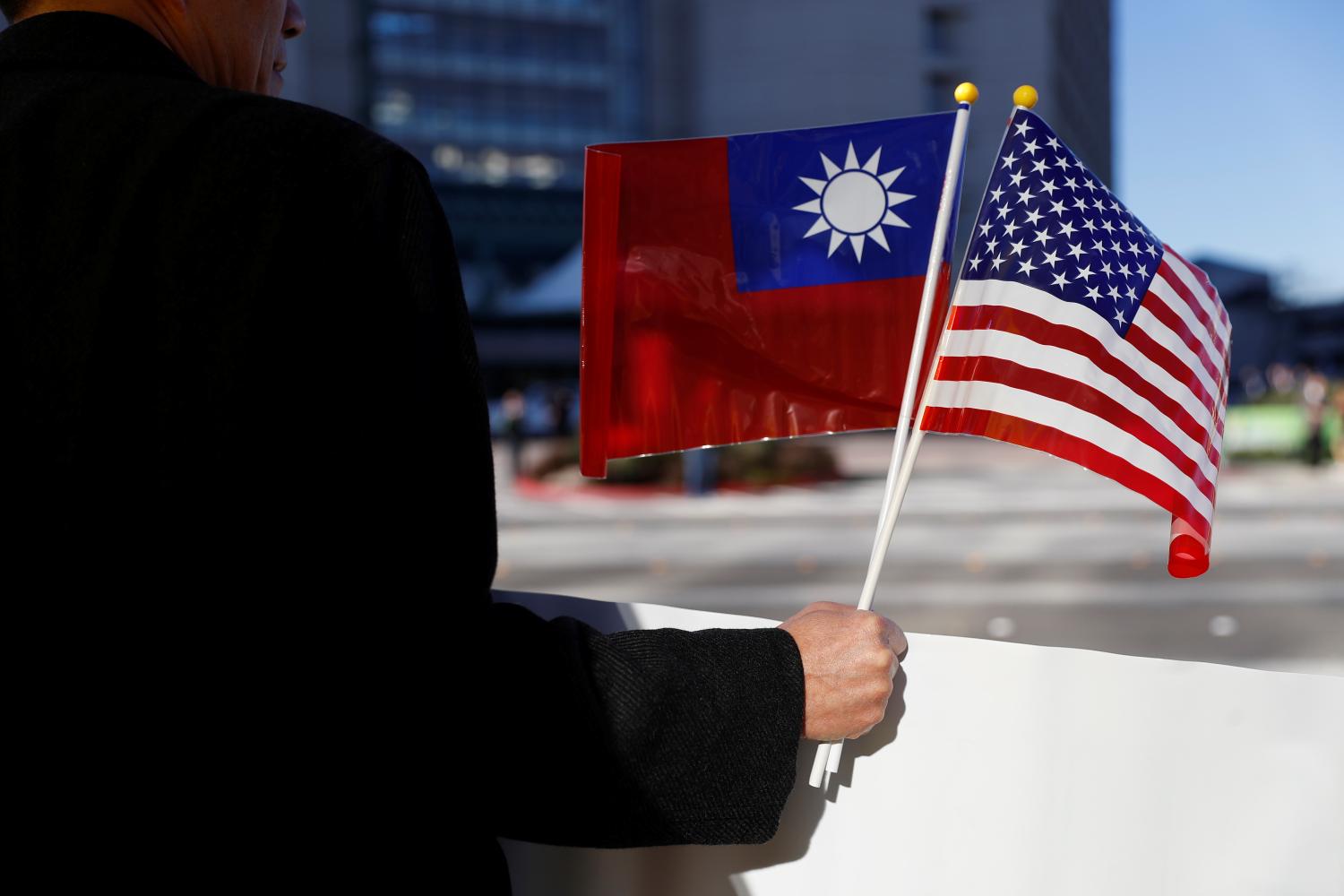
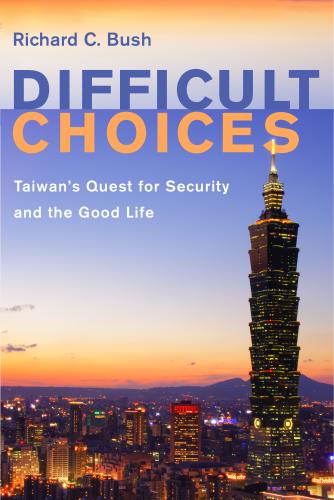
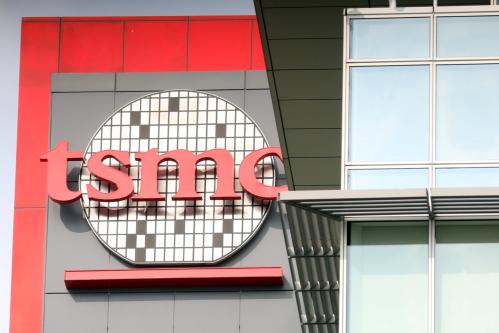
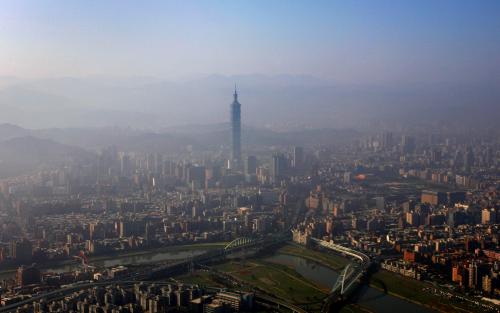
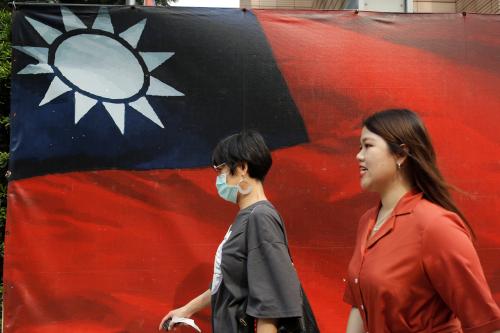
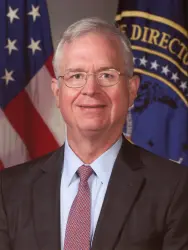

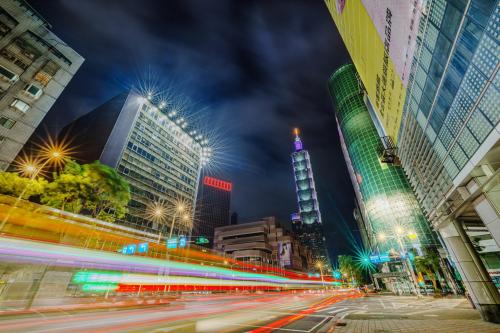
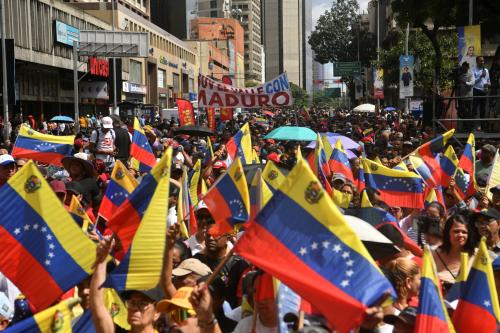
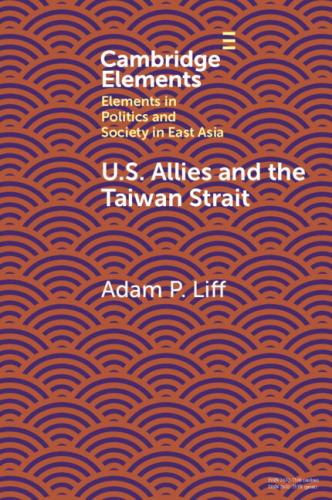
Commentary
Understanding Beijing’s motives regarding Taiwan, and America’s role
A 35-year CIA officer’s view
March 30, 2021